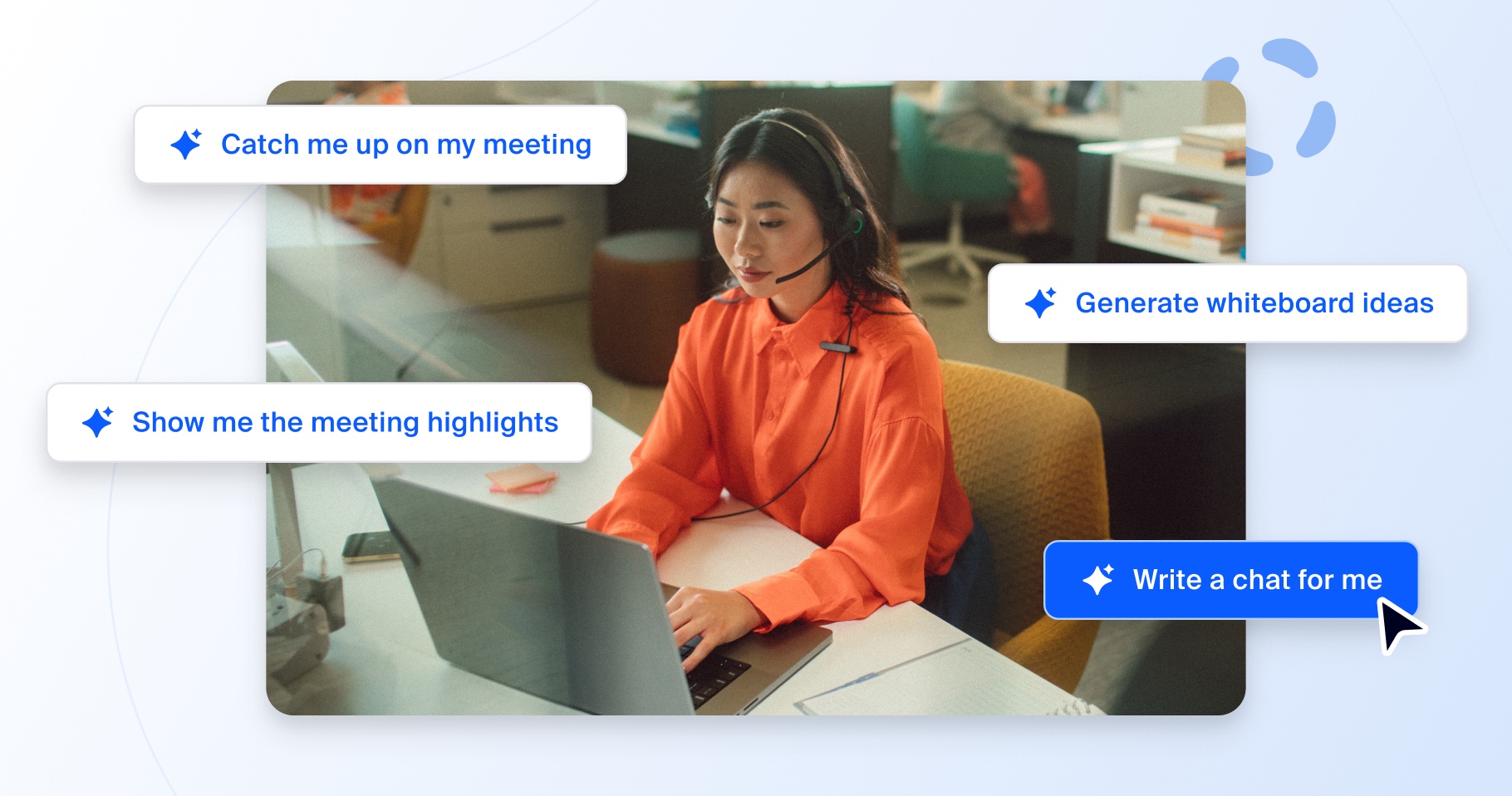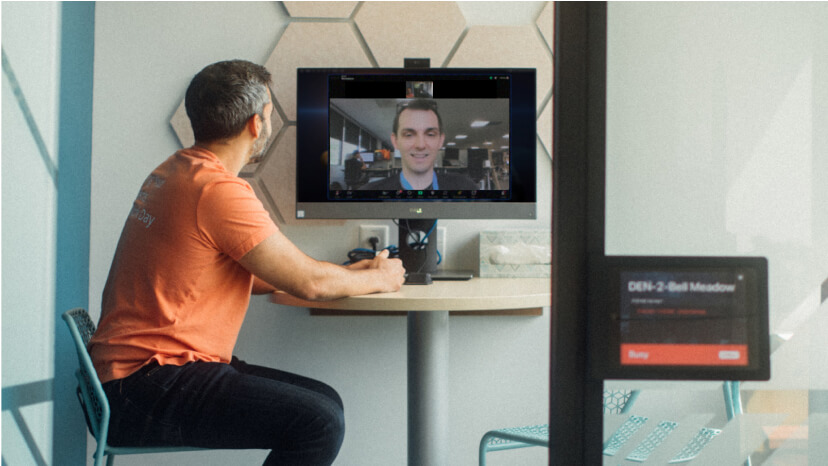While personality frameworks, which define and outline trends within human behavior, may seem restrictive to some, Rubin believes it’s helpful for all of us to have a vocabulary that helps us better understand the world and our place in it. We can identify the patterns we’ve built in our life, and which of those patterns enable successful interactions with others.
Rubin’s “Four Tendencies” framework is based on one question: how do you respond to expectations?
We face two kinds of expectations: outer expectations, which can be work deadlines or a request from a friend, and inner expectations, such as the desire to keep a New Year’s resolution.
How we respond to both types of expectations have generated these four tendencies:
The Upholder: Upholders readily fulfill both outer and inner expectations — they meet deadlines, are eager to know what people want from them, and expect a lot from themselves. They’re focused on execution and self-direction, which means they’re often perceived by others as rigid. However, they can suffer from their own restrictions. Upholders need to check in with their internal expectations so that their actions are in service of positive goals that foster self-love.
Upholder motto: “Discipline is my freedom.”
The Questioner: Questioners will do something if it makes sense to them — they make everything an inner expectation. They resist arbitrary items and any perceived injustice, requiring reasons and rationale for doing anything. Questioners are great critical thinkers, saving the rest of us from wasting time and money through their focus on reasons, research, and optimization. However, they can sometimes drain others with their constant questioning, and suffer from analysis paralysis.
Questioner motto: “I’ll comply if you convince me why.”
The Obliger: Obligers meet outer expectations but struggle to meet inner. They never fail to help others, but struggle to help themselves — which makes them great team members, friends, and family members. If they want to keep a form of inner expectation, they have to have a tangible form of outer reliability. For example, Obligers who want to exercise more may need to sign up for a class so they’re financially motivated to go. While Obligers work easily with others, they can get frustrated when they feel overwhelmed by external expectations or like they’re being taken advantage of.
Obliger motto: “You can count on me. I'm counting on you to count on me.”
The Rebel: Rebels resist both types of expectations and do things their way, on their time. They don’t even listen to themselves most of the time. Rebels place a high value on identity — they make decisions based on what feeds into their existing self-perception. To help them, you have to let them find the answer themselves. However, Rebels can repel people and even get frustrated with themselves due to the lack of direction.
Rebel motto: “You can’t make me, and neither can I.”
According to Rubin, many of us are Obligers, followed second by Questioners, Upholders, and then Rebels. If you’re curious about which of the four tendencies you are, you can take this quiz to find out.














